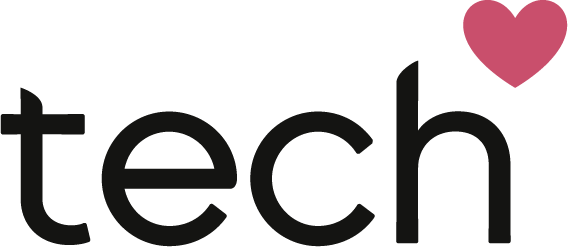How to use ChatGPT
Do use it to come up with ideas. Are you struggling for ideas with content, social posts, or blog titles? ...
Do use it to help with language. ...
Do use it as a time-saving tool. ...
Don't Depend on it. ...
Don't forget to check and edit. ...
Don't forget to check its performance.
Understand the Purpose and Limitations
AI is not designed to replace human intelligence or decision-making.
ChatGPT, though, can generate responses based on human-written text. This might seem deceptively realistic at first.
ChatGPT cannot understand the emotions or intent behind such a message, though. This is of particular importance when you’re trying to use it to authentically connect with your online consumer audience.
Understanding the purpose and limitations of ChatGPT can help us use it more effectively. Remembering this can help us avoid unrealistic expectations.
Do Verify and Fact-Check Information
When it comes to effective digital marketing, your audience values honesty. If you’re using ChatGPT, then, don’t always trust its answers immediately.
While ChatGPT can provide detailed responses to questions, it may not always provide accuracy. Therefore, fact-check responses first. Then, go further and verify them with other sources
What You Shouldn’t Do
It’s true that ChatGPT can be a useful tool for digital marketing. Still, it also has some noteworthy disadvantages.
ChatGPT may not always provide accurate or appropriate responses, for one thing. This can lead to misunderstandings or confusion.
Additionally, some customers may prefer human engagement. That could be because ChatGPT may lack empathy and emotional intelligence. This can be crucial in customer service interactions.
Don’t Rely Solely on ChatGPT
Don’t Share Sensitive Information
ChatGPT cannot ensure the privacy or security of any information you offer it. That’s why you should always avoid sharing personal information. This includes things such as Social Security numbers, credit card numbers, or passwords.
Our top picks
Pros:
User-friendly interface, fast response times, versatile applications.
Cons:
Limited customization options, occasional inaccuracies in responses.
Pros:
High-quality, context-aware interactions, extensive knowledge base.
Cons:
Can generate verbose responses, requires internet connectivity.
Pros:
Good for task automation, integrates well with other tools.
**Cons:**
Limited conversational depth, sometimes misses nuances.
Chat On - AI Chat Bot Assistant
Pros:
Easy integration into platforms, responsive to user feedback.
Cons:
May struggle with complex queries, less insightful in informal conversations.
Pros:
Focus on task-oriented communication, useful for scheduling and reminders.
Cons:
Lacks conversational feel, less flexible in open-ended discussions.
Pros:
Generates creative content, has voice-input capabilities.
Cons:
Variability in quality, can be resource-intensive.
Pros:
Designed for specific industries, customizable features available.
Cons:
Potentially steep learning curve, may require more setup time.

